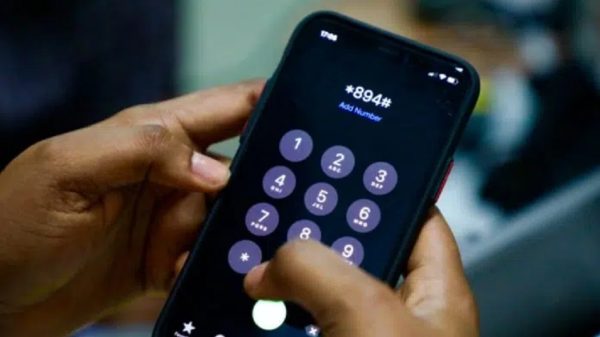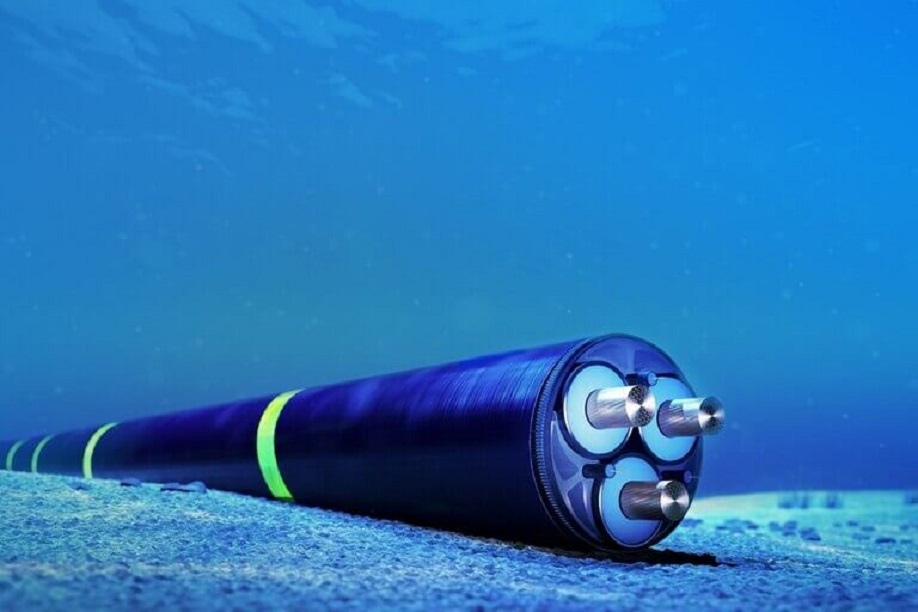Federal Ministry of Works (FMoW) and the Federal Ministry of Communications, Innovation, and Digital Economy (FMoCIDE) have established a Joint Standing Committee on the Protection of Fiber Optic Cables.
This initiative aims to address the persistent issue of fiber optic cuts and damages caused by road construction and rehabilitation activities, which have significantly impacted telecommunications services across Nigeria.
The committee was inaugurated on Tuesday, 18th February, at the Boardroom of the FMoW by the Permanent Secretary, Engr. Olufunso Adebiyi, and his counterpart at the FMoCIDE, Engr. Farouk Yusuf.
The event was attended by the Executive Vice Chairman/Chief Executive Officer of the Nigerian Communications Commission (NCC), Dr. Aminu Maida, alongside key staff from the two ministries and the NCC.
The primary task of the committee is to establish and maintain clear communication and coordination channels between the two ministries and the NCC to limit and prevent damage to telecommunications fiber optic cables during road construction or rehabilitation activities.
In his remarks, Engr. Adebiyi directed the committee to develop modalities to reduce damage to deployed fiber optic cables resulting from road construction, maintenance activities, and vandalism, which have caused severe service disruptions nationwide.
He stated that the committee would serve as a coordinating body for all issues related to the protection of fiber optic cables before, during, and after road construction or maintenance activities.
The committee will meet regularly to discuss identified problems, agree on industry-wide solutions, set standard engagement processes and procedures, and share monthly performance reports.
“They are also expected to develop an instant communication mechanism to facilitate prompt communication and dissemination of information amongst all stakeholders,” Adebiyi said.
Engr. Farouk Yusuf highlighted the significance of fiber optic cables to Nigeria’s economy, emphasizing that fiber networks are the backbone of the country’s digital economy.
They enable the seamless delivery of both fixed and mobile broadband services essential for nationwide connectivity, economic growth, and technological innovation.
The EVC/CEO of NCC, Dr. Aminu Maida, underscored the importance of the committee’s mandate, noting that it could significantly reduce service disruptions across Nigeria’s telecommunications industry.
“This is a pivotal moment for the telecommunication industry and its customers. Fiber networks are the foundation of Nigeria’s broadband ecosystem, providing the essential high-capacity backhaul required to deliver ultra-fast 4G and 5G speeds,” Maida said.
He revealed that over 50,000 fiber cut incidents were recorded across the country last year, with around 30,000 attributed to Federal and State road construction activities. Some incidents led to major network outages like the February 2024 nationwide MTN network outage.
Maida expressed optimism that the committee’s work would lead to a significant reduction in fiber cuts attributed to road construction, reducing network outages, avoiding unnecessary repair costs, and minimizing the need for redundant routes to serve as alternatives during outages.
“This initiative is not just for the benefit of the telecommunications industry but for all Nigerians,” Maida added.
![]()





























































